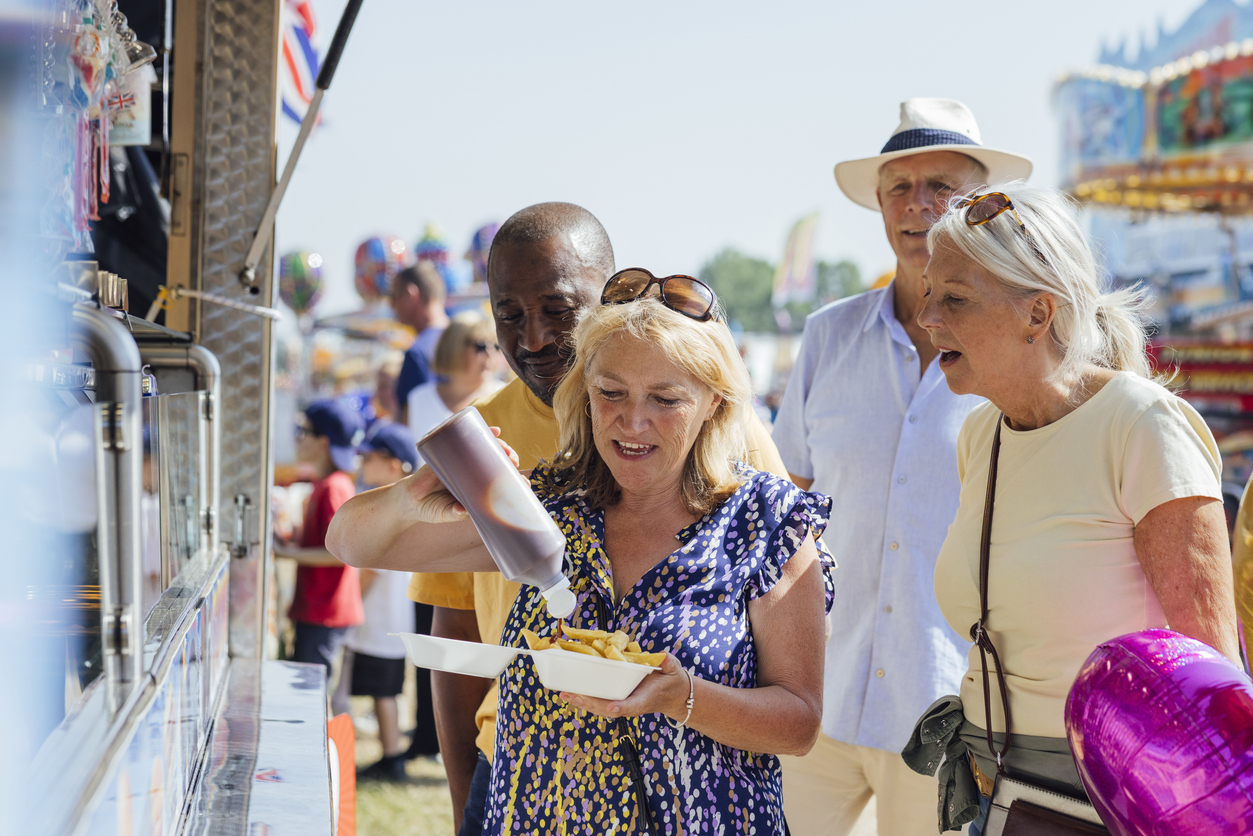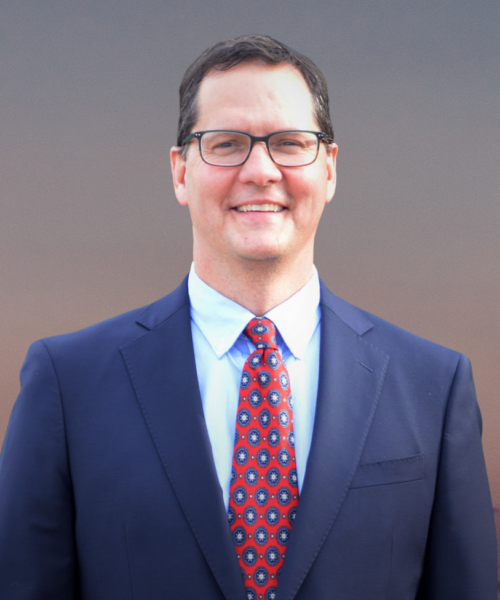Attending public events–concerts, sporting events, or festivals–can be exciting. However, with large crowds and potentially hazardous conditions, injuries are not uncommon. From slip and fall accidents to crowd-related injuries, determining who is liable is the first step in a personal injury claim.
Common Causes of Injuries at Public Events
Injuries at public events can happen for a variety of reasons, many of which stem from unsafe conditions or lack of proper planning. Some of the most common causes include:
- Slip and Falls: Wet floors, uneven walkways, or poor lighting can create hazardous conditions, leading to slip and fall accidents.
- Trampling or Crowd Surges: Large crowds can be difficult to control, and when a surge occurs, people can be pushed, trampled, or injured in the chaos.
- Falling Objects: Equipment, stage props, or merchandise stands that are not properly secured can fall and cause injury.
- Inadequate Security: A lack of proper security personnel or safety measures can lead to violent altercations or other safety risks.
- Defective Equipment: Injuries can also result from malfunctioning rides, stages, or other event-related equipment.
These types of accidents can lead to serious injuries, including broken bones, concussions, and even more severe trauma. The key to seeking compensation lies in determining who was responsible for creating or allowing the hazardous conditions.
Determining Liability in Public Event Accidents
Liability for injuries at public events can fall on different parties depending on the circumstances. In many cases, more than one party may share responsibility:
Event Organizers
Event organizers are responsible for planning and executing safe events. This includes ensuring that the venue is safe for attendees, providing adequate crowd control, and having enough staff on hand to manage large gatherings. If an injury occurs because of poor planning, lack of safety precautions, or inadequate staffing, the event organizers may be held liable.
Venue Owners or Operators
The venue where the event is held has a responsibility to maintain a safe environment. This includes keeping walkways clear, ensuring that equipment is properly secured, and providing adequate lighting. If a dangerous condition at the venue leads to an injury, the owner or operator of the facility may be held responsible.
For example, if a concert-goer slips on a wet floor that wasn’t properly marked or cleaned, the venue owner could be liable for failing to address the hazard.
Vendors or Contractors
Vendors who set up equipment, food stands, or merchandise booths at an event must ensure that their operations are safe. If a vendor’s negligence, such as improperly setting up equipment, causes an injury, they could be held liable. Similarly, contractors hired to build stages or set up event spaces are responsible for ensuring that their work is safe and secure.
Security Companies
Many public events hire security companies to manage crowds and handle emergencies. If the security team fails to control the crowd or respond appropriately to dangerous situations, they may share liability for any injuries that occur. This is especially true in cases where inadequate security measures lead to violent altercations or crowd surges.
Proving Negligence in Public Event Injuries
To successfully recover compensation for your injuries, you will need to prove that negligence occurred. In Georgia, this involves demonstrating the following elements:
- Duty of Care: The liable party owed you a duty to maintain a safe environment. This could be the event organizer’s duty to ensure proper crowd control or the venue owner’s duty to maintain safe premises.
- Breach of Duty: The responsible party failed to meet that duty. For instance, failing to fix a known hazard or not providing adequate security may be considered a breach.
- Causation: The breach of duty directly led to your injuries. You must prove that the negligent party’s actions (or inaction) caused the accident that injured you.
- Damages: You must show that you suffered damages, such as medical bills, lost wages, or pain and suffering, as a result of the injury.
What to Do If You’re Injured at a Public Event
If you are injured at a public event, taking the right steps can help protect your rights and strengthen your personal injury claim:
- Seek Medical Attention: Always prioritize your health and safety. Even if your injuries seem minor, getting medical treatment ensures that your injuries are properly documented.
- Report the Accident: Notify event staff or security personnel immediately after the accident. Ask them to create an incident report and request a copy.
- Document the Scene: If possible, take pictures of the scene where the injury occurred, including any hazardous conditions. Gather contact information from witnesses.
- Consult with an Attorney: A personal injury attorney can help you understand your rights, determine who is liable, and guide you through the process of seeking compensation.
Holding the Responsible Parties Accountable
Injuries at public events can lead to serious consequences. Don’t go it alone. Gautreaux Law is here to guide you through the claims process and fight for the compensation you deserve. Contact us today so we can start working on your claim.



